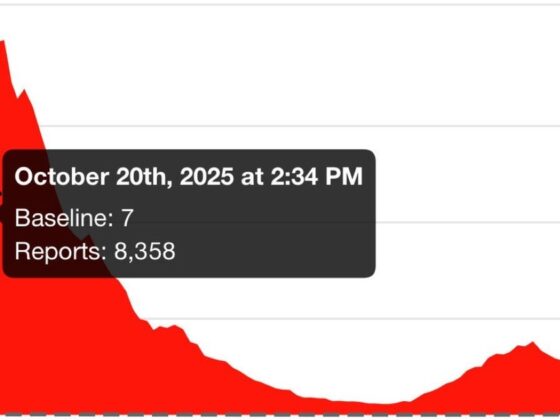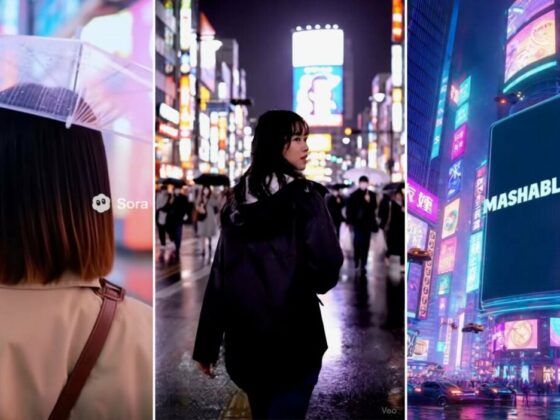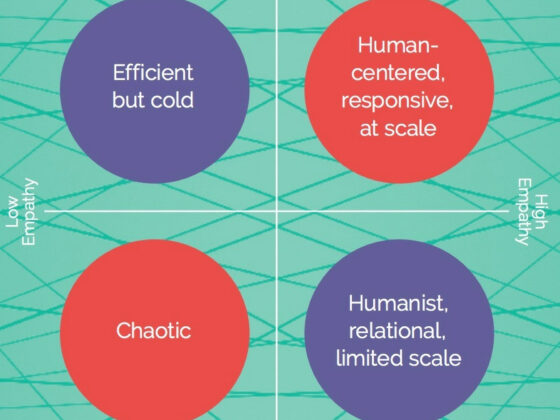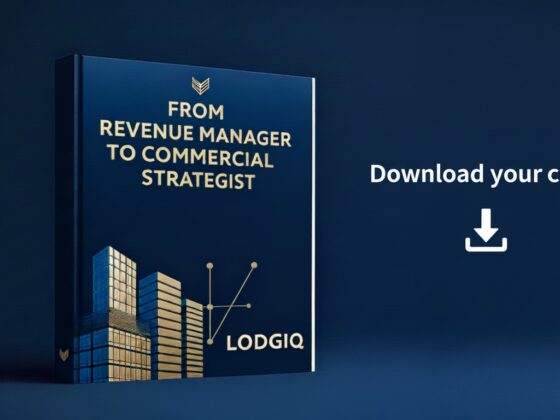
By Christian Pertl
In a world where airlines retail every seat like a product, Apple refuses to be sold by just anyone, and Nike walks away from thousands of resellers to protect its brand — the hotel industry still too often acts like a passive inventory supplier. That has to change.
For years, hotels have over-relied on third-party channels, diluted their brands through uncontrolled wholesale, and treated direct booking as a digital checkbox rather than a curated experience. While the rest of the world has moved toward precision, personalization, and brand-led retailing, much of hospitality is still playing defense.
The Distribution Gap
Hotels aren’t lacking in experiences — they’re just not retailing them. And it’s costing them.
According to a 2024 study by Rocket Travel by Agoda and Skift, hotels may be losing 10% or more of their potential revenue due to poor distribution strategies — from rate leakage and uncontrolled wholesaling to ineffective use of technology and lack of pricing transparency. That’s not just a missed opportunity — it’s a strategic blind spot in a competitive, margin-sensitive industry.
Dining, wellness, club access, upgrades, curated moments — all exist. But they’re too often treated as afterthoughts or static upsells. The difference? Leading global brands outside the industry sell experiences with intention and discipline.
- Airlines retail every aspect of the journey: fare class, seat, lounge, Wi-Fi, meal choice, even carbon offsets. They use loyalty not just for perks, but to personalize and monetize the entire experience.
- Apple controls its brand from top to bottom. No discounting, selective partners, and retail spaces that elevate product storytelling.
- Nike left mass platforms to own the customer relationship and now thrives through a direct-to-consumer mindset.
Hotels, by contrast, are often stuck trying to be everything to everyone — leading to brand dilution, channel conflict, and margin erosion.
A Hotel Should Be an Experience Store
“A hotel should be the most immersive experience store on the planet — where the guest can literally buy anything they touch, taste, or feel. Even the toilet brush, if they love it.”
The opportunity is massive. Hotels could be living, breathing showrooms for a curated lifestyle. Why not sell the bed linen, the scent in the lobby, the playlist, the pillow menu, the robe, the art? Why not turn the in-room experience into a retail journey?
Some hotels are beginning to tap into this mindset, but many still barely scratch the surface. The brand touchpoints are there. The desire is there. What’s missing is the discipline and integration.
AI and Revenue Management: The Game-Changers
AI isn’t a buzzword — it’s the engine that can make the experience economy scale. But its full power is only unleashed when paired with advanced, strategic revenue management — not just for rooms, but across the entire ecosystem of guest experiences.
Total revenue management isn’t just about maximizing RevPAR. It’s the superpower that helps hotels evolve from accommodation providers into true experience retailers. By applying dynamic pricing, demand forecasting, and segmentation intelligence to everything from spa to dining, hotels can unlock incremental revenue opportunities and elevate guest value.
- Hyper-personalization: AI knows which guest wants what, when, and why. It powers relevant offers, curated upsells, and frictionless journeys.
- Dynamic experience pricing: Beyond rooms, AI can yield wellness slots, upgrades, early check-in, even minibar bundles.
- Smarter loyalty: Move from points to profiles. Use AI to anticipate needs, recognize loyalty emotionally, and reward beyond status.
- Operational precision: Predict demand for club lounge access, spa therapists, or even pillow types, so what is sold can actually be delivered.
Recommended by LinkedIn
The Loyalty Wake-Up Call
In luxury, loyalty programs often don’t exist — not because loyalty doesn’t matter, but because it’s delivered through memory, personalization, and emotional recognition. Points mean little when you’re already being treated like royalty.
But loyalty doesn’t need to die — it needs to evolve. From transactional systems to lifestyle ecosystems. From accumulation to access. From benefits to identity.
Brand First. Or Forgettable.
Many hotels still prioritize volume over voice. In trying to appeal to everyone, they stand for nothing. Compare this to top-tier retail or travel brands, where brand is sacrosanct, pricing is protected, and channels are curated.
“Until hotels learn to say no — to partners, to undifferentiated pricing, to playing all sides — they will never own their brand. And if you don’t own your brand, someone else will sell it for you. Cheaply.”
The Balance Hotels Must Strike
This is not about rejecting distribution channels — far from it. Third-party platforms, wholesale, and B2B intermediaries all play important roles in reaching demand, especially in complex global markets. But distribution must be managed strategically, not passively.
- Who you partner with matters.
- How your brand is presented matters.
- Which products and experiences you sell through each channel matters.
“Distribution isn’t the enemy — misaligned strategy is.”
The best hotel brands will be those that strike a balance between reach and control, visibility and exclusivity, access and aspiration. That balance is not one-size-fits-all — it must reflect the unique DNA of the brand.
5 Bold Moves to Drive Direct Business
- Turn People into Channels — From Doorman to GM In luxury, trust and relationships are the true currency. Every team member — especially the General Manager — should be seen as a direct booking channel. Front-line staff can be empowered with tools like QR codes, referral links, or personal WhatsApp follow-ups — and rewarded for bookings they inspire. Meanwhile, GMs must go beyond being hosts — engaging with top guests, responding to direct inquiries, and leading by example as commercial stewards of the brand.
- Rethink Your Booking Path Like a Lifestyle Brand Make your direct website feel less like a transactional form and more like a curated experience — with dynamic packages, storytelling, guest profiles, and cross-selling of spa, dining, or local partnerships.
- Merchandise the Stay Beyond the Room Use your direct channels to actively retail spa treatments, chef’s table reservations, yoga classes, and destination experiences — all in advance. Don’t wait for guests to arrive to start creating value.
- Make Booking Direct the Start of a Relationship Transform post-booking emails into pre-arrival journeys: dynamic welcome messages, upsell offers, room customizations, and personalized tips. This deepens engagement and makes rebooking more likely.
- Elevate Your Loyalty into a Lifestyle Club Make loyalty a reason to engage frequently — not just after every tenth stay. Offer curated content, co-branded partner perks, and destination access through your app or CRM funnel — and make it all bookable directly.
Time to Lead
The playbook is clear. Stop being an inventory supplier. Start becoming an experience retailer. Curate. Personalize. Control your narrative. Leverage AI. Rethink loyalty. Protect the brand. And turn every guest interaction into a shoppable, memorable, repeatable moment.
The future of hotel distribution isn’t more visibility. It’s more identity.
Christian Pertl is VP Commercial Operations at Shangri-La Hotels and Resorts. The views in this article reflect a personal perspective shaped by global experience in hospitality, travel, and lifestyle branding.







